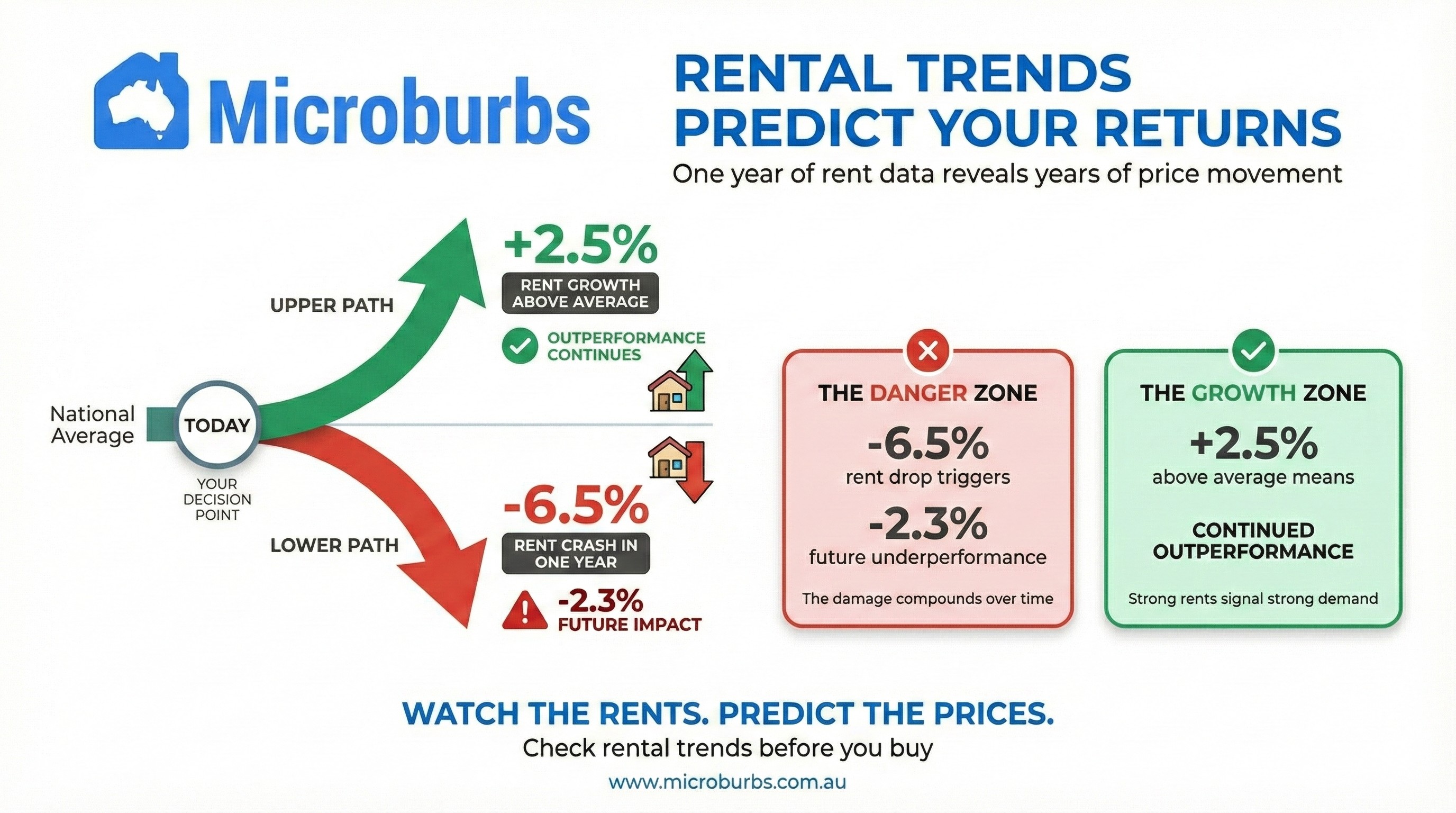When it comes to investing in real estate, one common decision investors face is choosing between houses and apartments. Both types of properties offer their own unique set of benefits and drawbacks, and the best choice for you will depend on your investment goals and priorities.
Pros of Investing in Houses
- Potentially Higher Rental Income: Houses are often larger and offer more space than apartments, which can make them more attractive to tenants and potentially command higher rent prices. This can be a key advantage for investors looking to generate higher rental income.
- Greater Control over Property: When you invest in a house, you will own the entire structure rather than just a unit within a larger complex. This can give you more freedom to make changes or renovations to the property to suit your needs and preferences.
- Potentially Greater Capital Growth: Houses may also offer greater potential for capital growth compared to apartments, especially if you invest in a property in a desirable location with strong demand.
Cons of Investing in Houses
- Higher Upfront Costs: One potential drawback of investing in houses is the higher upfront costs compared to apartments. Houses tend to have higher purchase prices and may require a larger down payment and closing costs.
- Greater Maintenance Costs: Houses also require more maintenance and upkeep compared to apartments, which can add to the overall costs of owning a house. This can include things like regular repairs, landscaping, and general upkeep of the property.
Pros of Investing in Apartments
- Lower Upfront Costs: One advantage of investing in apartments is the lower upfront costs compared to houses. Apartments tend to have lower purchase prices and may require a smaller down payment and closing costs.
- Lower Maintenance Costs: Apartments also require less maintenance and upkeep compared to houses, which can save you money on ongoing costs. This can be especially appealing for investors who want to minimize their expenses.
- Convenience and Amenities: Apartments may also offer additional amenities and convenience for tenants, such as on-site laundry facilities, fitness centers, and shared outdoor spaces. These features can make apartments more attractive to potential renters and potentially increase demand for your property.
- Greater Density: Another advantage of investing in apartments is the potential for greater density. Apartment buildings often have a larger number of units in a smaller area, which can make them more efficient to manage and potentially offer higher returns on investment.
Cons of Investing in Apartments
- Potentially Lower Rental Income: One potential disadvantage of investing in apartments is the potential for lower rental income compared to houses. Apartments tend to be smaller and offer less space, which can limit their appeal to certain tenants and potentially command lower rent prices.
- Less Control over Property: When you invest in an apartment, you will own a unit within a larger complex that is managed by a building owner or property management company. This can limit your control over the property and decision-making process.
- Potentially Lower Capital Growth: Apartments may also have lower potential for capital growth compared to houses, especially if you invest in a property in a less desirable location or with weaker demand.
Conclusion
Ultimately, the decision between investing in houses or apartments comes down to your investment goals and priorities. Are you more focused on generating higher rental income or are you more interested in lower upfront costs and maintenance costs? Do you value control over the property or do you prefer the convenience and amenities offered by apartments? By carefully considering these questions, you can make an informed decision that aligns with your investment strategy.
It’s also important to keep in mind that both houses and apartments can offer potential for capital growth, depending on factors like location, demand, and market conditions.




